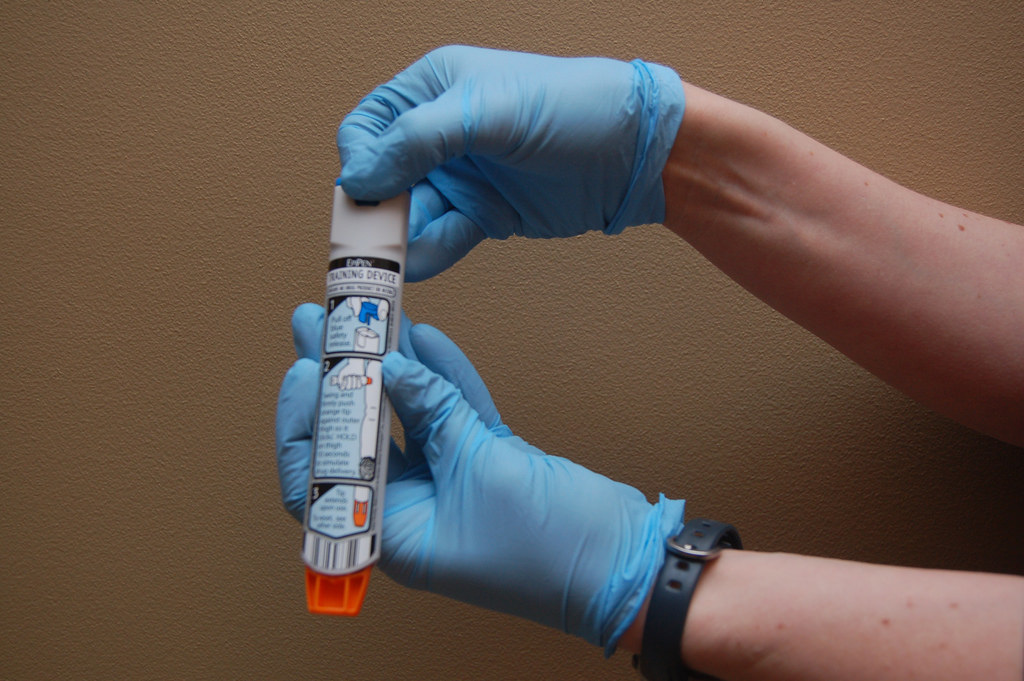| With the price of the EpiPen jumping by leaps and bounds, I took advantage of Utah Sen. Mike Lee’s visit to the combined Deseret News/KSL editorial boards on Monday to ask what he thought. Lee, a strong believer in the free market and in limited government, said the government “certainly has an interest in making sure there is competition” in the pharmaceutical market. He then turned the conversation toward a bill he is co-sponsoring, called the Creating and Restoring Equal Access to Equivalent Samples Act, or CREATES, for short. |
| | The act would keep drug manufacturers from delaying the time when they make samples available to other manufacturers in order to create cheaper generic versions. Not satisfied, I pressed him about where the balance lies between manufacturers, who have only a limited time to recoup the cost of research and development before their patent runs out, and the need to provide life-saving drugs to people who need them. “The Hatch-Waxman Act actually deals with that balance pretty well,” he said. Hatch-Waxman was passed in 1984. “Hatch,” is Lee’s Utah colleague, Sen. Orrin Hatch. The act allows companies to create generic versions of drugs without having to go through all the clinic and non-clinical trials required by the original manufacturer. It also sets a five-year time limit during which a new drug cannot be duplicated, protecting the manufacturer’s investment. Lee said it’s important to make sure “people aren’t manipulating the system so as to engage in anti-competitive behavior that thwarts the development of generic drugs…” He didn’t indicate any other action was necessary to confront the EpiPen issue. The CREATES Act would indeed punish companies for using certain delaying tactics when it comes to sharing information that allows competition through generic drugs. However, Mylan, the maker of EpiPen, seems to be using more sophisticated methods. An opinion piece in the Boston Globe on Monday said the company’s new decision to make a $300 generic version of the drug “may also be low enough to deter others from taking on the risk and expense of developing their own generics.” Regardless, the EpiPen saga has exposed what many ordinary people with serious allergies would call a glaring weakness in the federal regulatory system – one that is costing insurance companies and families a lot of money. Below is an audio recording of this exchange. I apologize for the poor quality. You ought to be able to make out what is being said, however. |


 RSS Feed
RSS Feed

